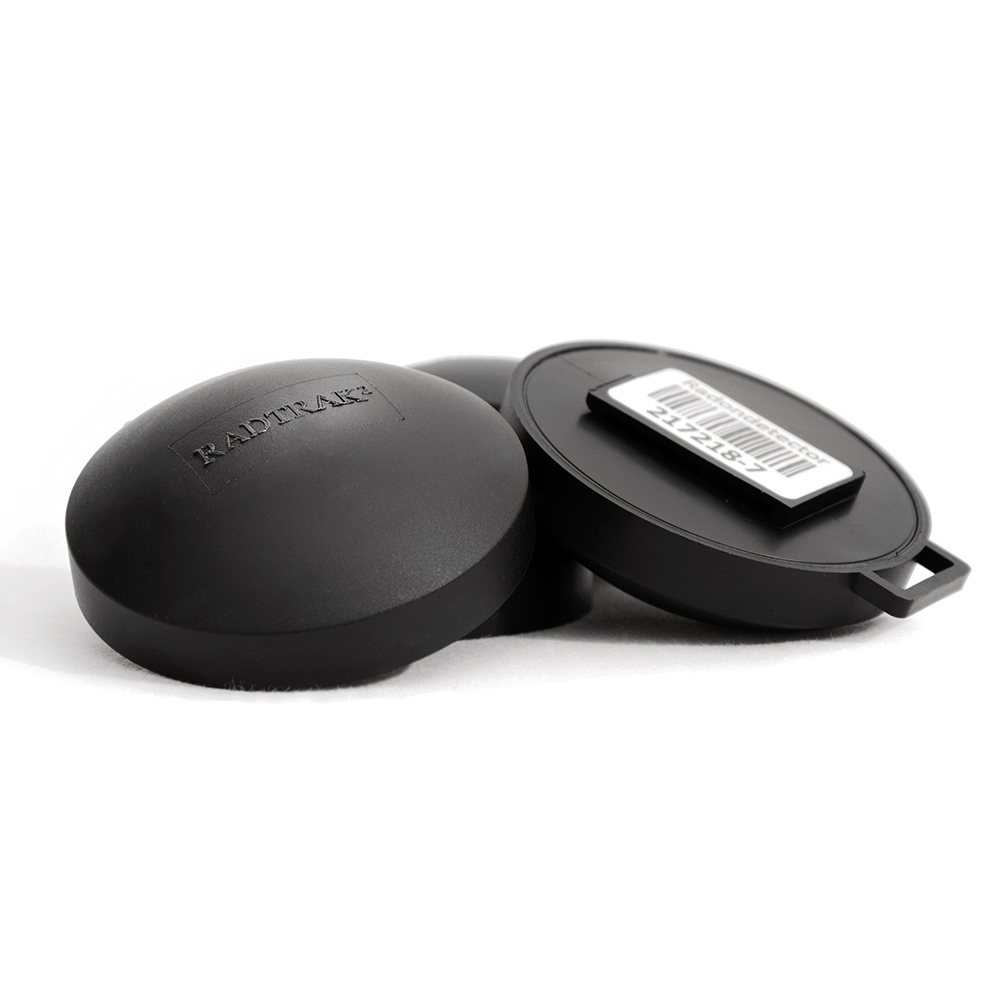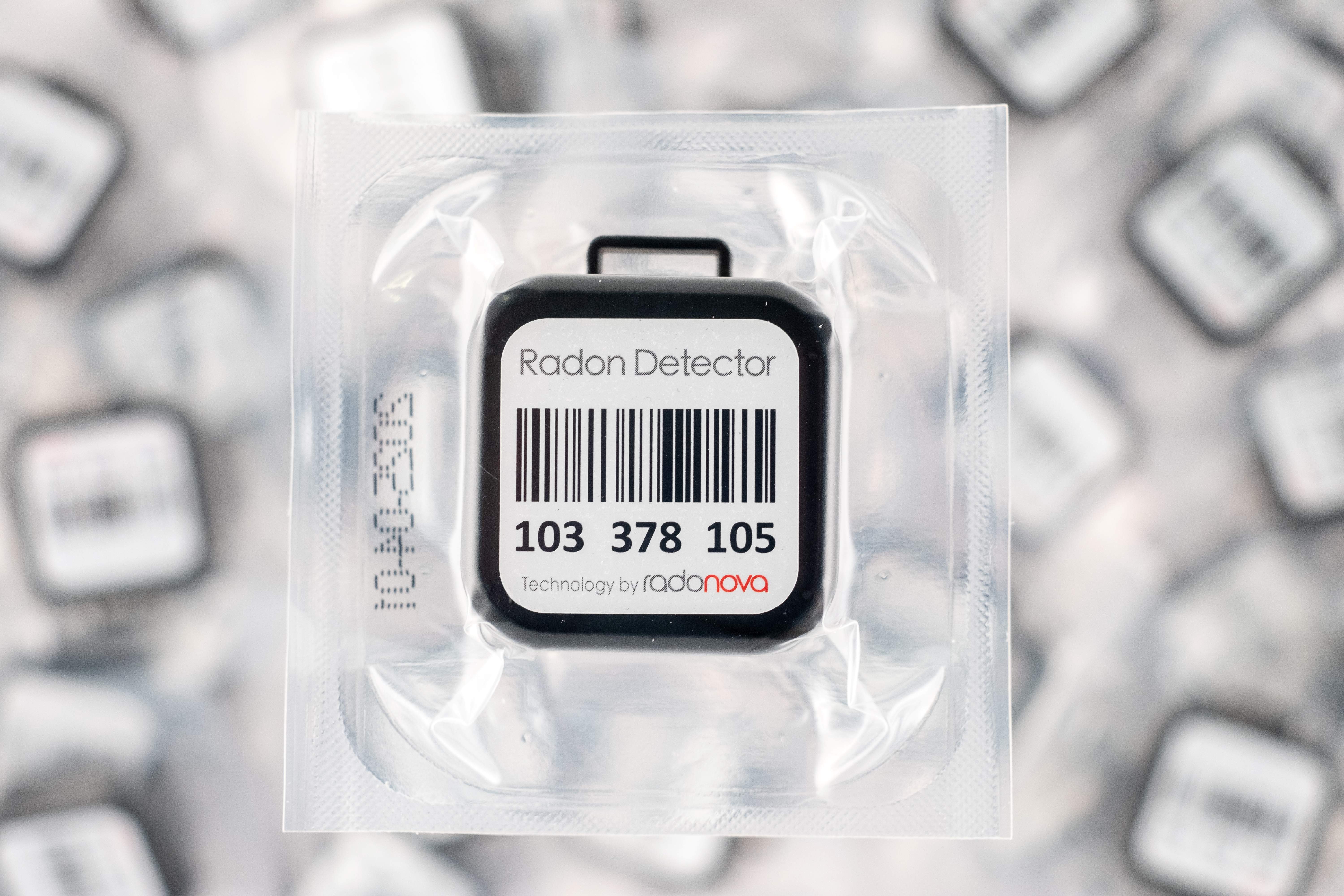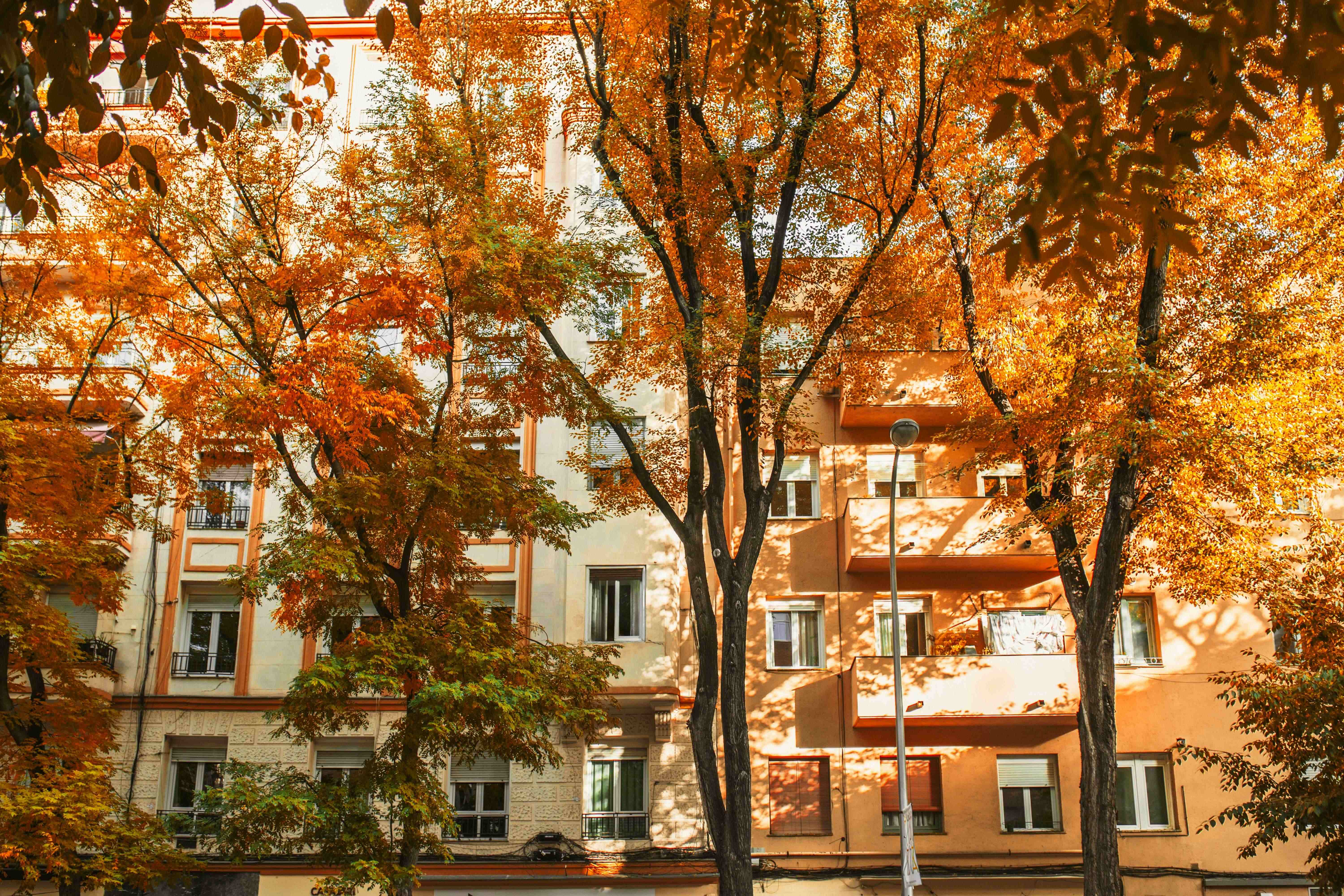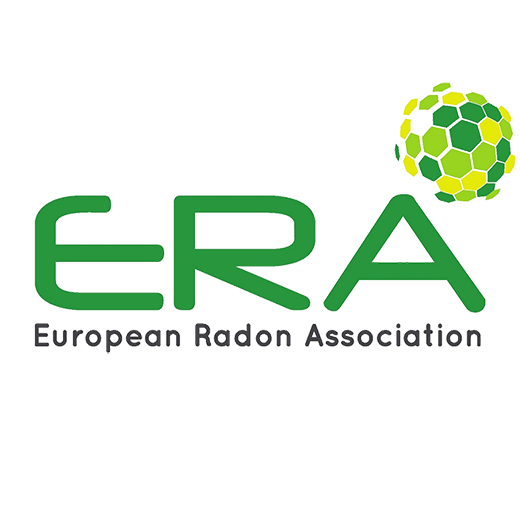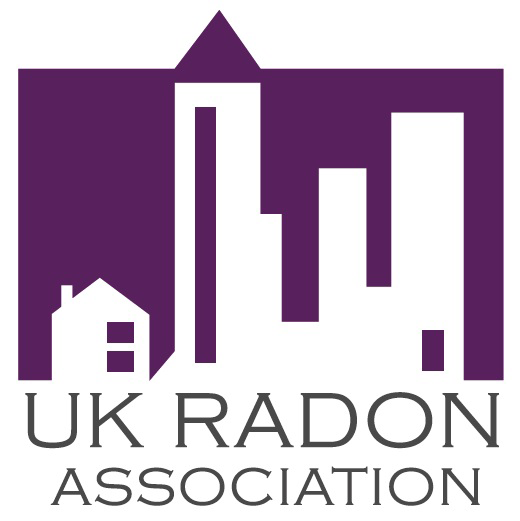With over four million units sold globally, Radtrak2® is the most widely used radon detector for obtaining a reliable and accurate annual mean of radon levels in the home or workplace. Here is a short summary of its features:
Simple, foolproof assembly
The Radtrak2 unit is simple to construct. Included is a plastic top and bottom as well as a transparent plastic film made of CR-39 which is placed at the centre of the radon detector. During measurement, air leaks in through a very small gap between the top and the bottom. When the radon gas in the air decays to radon daughters, radioactive alpha particles are created. When these hit the transparent plastic film, tracks are formed in the film. After the measurement period, the number of tracks is used to calculate the radon level.
Environmentally friendly and robust technology
Since the detector is made of plastic and there are no moving parts, the radon detector rarely malfunctions. Radtrak2 can be used in very demanding environments and is not damaged if dropped on the floor. It is very difficult not to get an accurate measurement when using Radtrak2®. As long as you specify the start and stop times and use an accredited laboratory, you are guaranteed a reliable result. Radonova’s laboratory is always reusing the top and bottom parts of the detector, saving both cost and the environment. The only thing that is not reused is the transparent plastic film which is used for analysis.
Clean plastic film and fine-tuned, accredited analysis
When analysing the transparent plastic film (CR-39), there are certain requirements and stipulations which must be met. Firstly, a clean film must be used, placing demands on the manufacturing process of the detectors. Without an original pure film, it is not possible to analyse the number of tracks accurately after the measurement period. You must also take into account how much radon gas the plastic film has been exposed to before it is placed and sealed in the detector. Similarly, you must make allowances for the film being exposed to radon when it is sent back to the laboratory. Through a carefully controlled process, the laboratory calibrates various plastic films against a known radon source. Well-established routines are necessary to mitigate against error. Therefore, always purchase a radon detector from an ISO 17025 accredited laboratory such as Radonova. At Radonova, quality checks are continuous, ensuring that the radon measurement is correct.
Why measure for radon?
Every year around 230,000 people die of lung cancer caused by radon exposure. Radon gas is part of the element of the uranium decay chain and since uranium is found in many places in the earth’s crust, radon is found almost everywhere. High levels of radon can be found in regions which have a large concentration of rock or have a cool climate. The latter is due to the fact that radon gas levels are usually high in insulated houses that are heated. To be fully aware of radon levels, homeowners should always measure.
Most countries in the world require measurements that provide an annual mean, which usually entails a measurement period of over three months.
